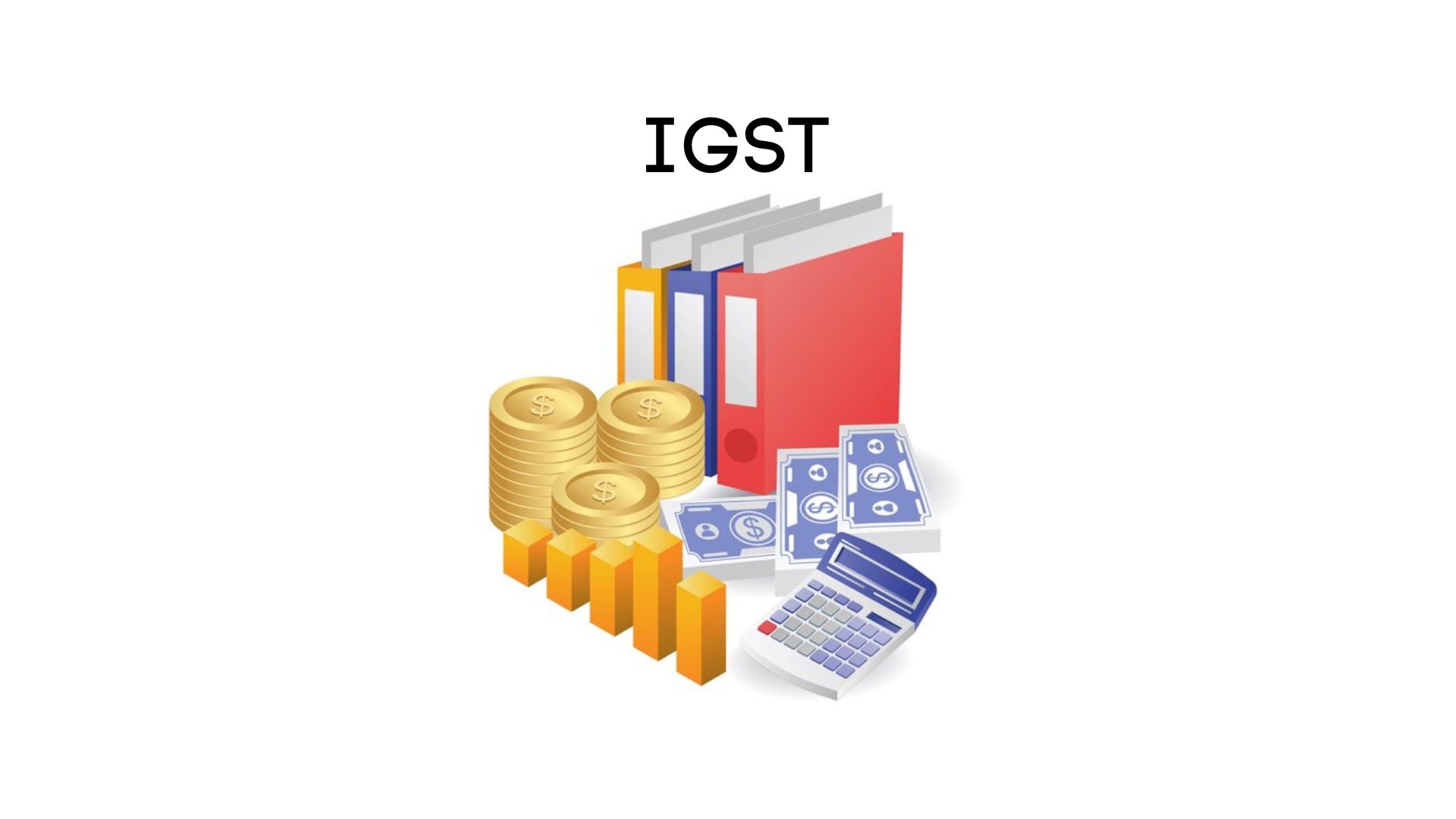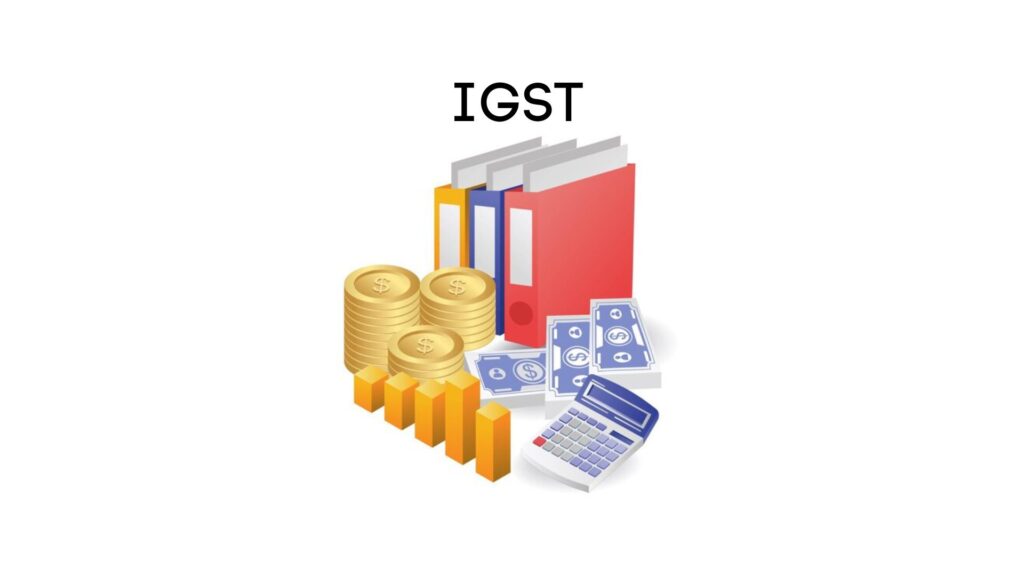
17 May IGST Exemption: AAR Ruling May Set Precedent for Foreign Client Services

Introduction
Have you ever wondered how taxes affect services provided by Indian companies to foreign clients? Well, the Telangana Authority for Advance Rulings (AAR) recently made a significant ruling that could change the game for many service industries. This ruling specifically addresses the Integrated Goods and Services Tax (IGST) and its application to services offered to foreign clients. Let’s dive into what this means and its potential impact on various sectors.
Understanding IGST
What is IGST?
Integrated Goods and Services Tax, commonly known as IGST, is a part of the Goods and Services Tax (GST) system in India. It applies to interstate transactions and imports. Essentially, IGST is levied on the supply of goods and services across state borders and is collected by the central government.
Importance of IGST
IGST plays a crucial role in ensuring seamless tax flow across state lines, preventing the cascading effect of taxes, and promoting a unified national market. For businesses dealing with interstate transactions, understanding IGST is vital for compliance and financial planning.
The Role of AAR in GST
What is the Authority for Advance Rulings (AAR)?
The AAR is a quasi-judicial body that provides clarity on tax-related matters. It helps businesses by offering advance rulings on GST applicability, classification, valuation, and eligibility for exemptions. These rulings are crucial as they offer legal certainty and help in avoiding future disputes with tax authorities.
How AAR Influences GST
AAR rulings set precedents that guide businesses and tax authorities alike. These decisions can influence the interpretation and application of GST laws, impacting how services and goods are taxed across various industries.
Case Study: CIAV and Foreign Universities
Background of CIAV
The Centre for International Admission and Visas (CIAV), based in Hyderabad, provides referral services to foreign universities and colleges for the admission of Indian students. CIAV earns referral income in foreign currency based on successful admissions but does not guarantee placements.
Details of the AAR Ruling
In a landmark decision, the AAR ruled that CIAV’s services are not intermediary in nature but rather qualify as exports. This ruling exempts CIAV from IGST, which would otherwise apply to intermediary services. The AAR emphasized that CIAV operates on a principal-to-principal basis with foreign universities.
Implications of the AAR Ruling
Impact on IT Services
Information Technology (IT) services provided to foreign clients often fall under stringent tax regulations. The AAR ruling suggests that if these services are provided on a principal-to-principal basis, they may not attract IGST, offering significant relief to the sector.
Impact on Consulting Services
Consulting firms that offer strategic advice to international clients could benefit from this ruling. By categorizing their services as exports rather than intermediary services, these firms can potentially avoid IGST, making their services more competitive globally.
Impact on Marketing Services
Marketing agencies that assist foreign companies in reaching Indian markets might also find this ruling advantageous. The classification of their services as principal-to-principal rather than intermediary could mean significant tax savings.
Impact on Recruitment Services
Recruitment services, which often involve placing Indian professionals in foreign companies, may also see benefits. By avoiding the intermediary label, these services can be considered exports, exempting them from IGST and simplifying their tax obligations.
Understanding ‘Intermediary’ vs ‘Principal-to-Principal’
Definition of Intermediary
An intermediary is someone who arranges or facilitates the supply of goods or services between two or more persons but does not supply the goods or services on their own account. This role typically attracts IGST.
Definition of Principal-to-Principal
A principal-to-principal relationship involves direct transactions between the supplier and the recipient, without any intermediaries. In such cases, the supplier provides services or goods directly on their own account.
How CIAV Fits the Principal-to-Principal Model
The AAR determined that CIAV operates on a principal-to-principal basis because it directly provides referral services to foreign universities without acting as a mediator. This direct relationship exempts CIAV from IGST, setting a precedent for similar cases.
Broader Implications for Service Providers
Potential Changes in GST Classification
The AAR ruling may prompt a re-evaluation of how services are classified under GST. Businesses could argue for their services to be considered exports, thus exempting them from IGST and reducing their tax burden.
Preparing for Future AAR Rulings
Service providers should stay informed about AAR decisions as they can significantly impact tax obligations. By understanding the criteria for principal-to-principal relationships, businesses can better position themselves to benefit from potential tax exemptions.


No Comments